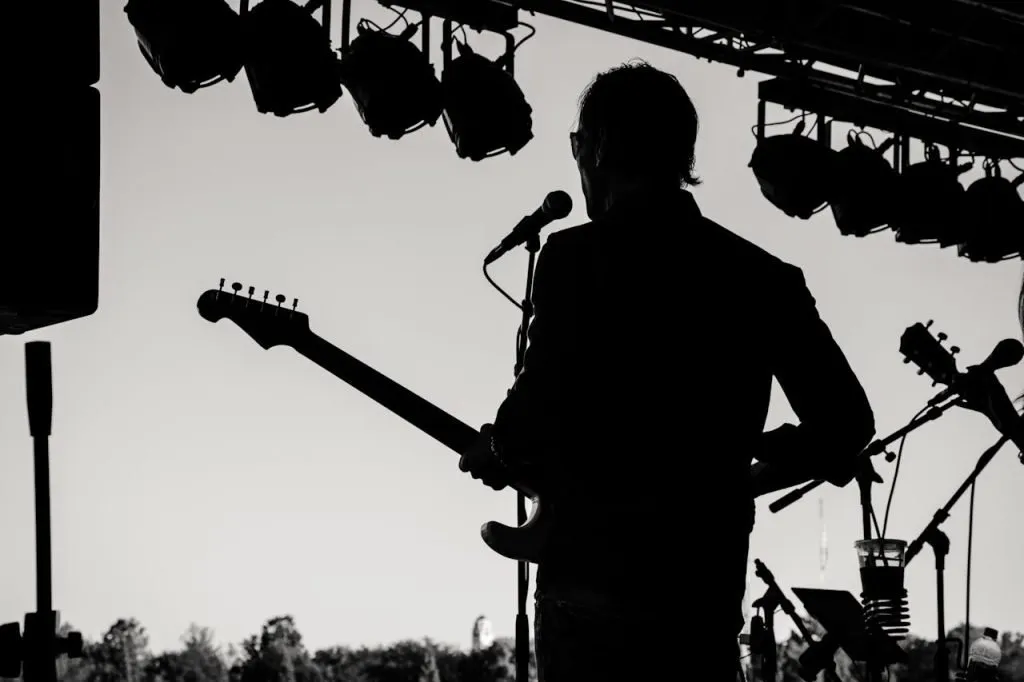
The music industry is locked in a fierce battle with AI music startups, fighting to protect its intellectual property and future. But a crucial question remains: how much can artificial intelligence truly replace the human element in music?
The rise of AI-generated music has sparked anxieties about the future of the industry, with some fearing a complete takeover by emotionless algorithms. However, the reality might be more nuanced. While AI can undoubtedly replicate musical patterns and even generate entire songs, it often falls short in capturing the raw emotion and authenticity that resonate with listeners.
The Blandness Problem
One of the primary criticisms leveled against AI music, particularly in its early iterations, is its lack of originality and emotional depth. It often sounds generic and uninspired, lacking the unique character and imperfections that define human artistry. Trying to connect with AI-generated music on an emotional level can feel like trying to form a bond with a robot – a being devoid of genuine experiences, struggles, and vulnerabilities.
Consider a hypothetical AI-generated song attempting to emulate the angst and rebellion of a rock anthem. While it might technically capture the sonic elements of the genre, it would likely lack the raw, visceral emotion that makes the original so compelling. The lyrics might be technically sound, but they would lack the personal weight and authenticity that come from lived experience.
The Enduring Power of Human Authenticity
This brings us to the core of the issue: the enduring power of human authenticity. While music can be deconstructed into its technical components, the true magic lies in the artist's ability to imbue it with their unique personality, experiences, and emotions. Listeners connect with artists who are willing to be vulnerable, to share their struggles and triumphs, and to express themselves in a way that feels genuine and relatable.
Sure, we often mythologize our musical heroes, constructing narratives around their lives and personalities. But the underlying truth is that the music itself is only part of the equation. The superstar, the charismatic personality who breathes life into the music and connects with people on a deeper level, is the crucial ingredient.
AI's Role in the Music Ecosystem
Despite the limitations of AI-generated music, it's important to acknowledge its potential to augment and enhance the creative process. AI tools can assist with songwriting, production, and mastering, allowing artists to explore new sonic territories and streamline their workflow. Many aspects of modern pop music already incorporate AI in some capacity, from songwriting and production to various behind-the-scenes elements.
The key is to view AI as a tool, rather than a replacement, for human creativity. It can be a powerful ally for artists, helping them to overcome creative blocks, experiment with new sounds, and bring their visions to life. However, it should not be seen as a substitute for the human element that makes music so meaningful and impactful.
The Existential Threats and Seismic Shifts
Some sub-sectors of the industry are facing serious existential threats and seismic shifts, including areas like mastering, sync, background music, and songwriting itself. For the broader business, perhaps AI is another big adjustment — but not a complete overhaul.
The Future of Music: A Hybrid Approach?
Looking ahead, it's likely that the music industry will adopt a hybrid approach, where human artists and AI-powered tools coexist and collaborate. We may see the emergence of "AI artists" who create music entirely through algorithms, but it's unlikely that they will ever fully replace human artists who can connect with audiences on a deeper emotional level.
Grammys chief Harvey Mason, Jr., recently told The Wall Street Journal, "I’m sure we’re going to be seeing artists that are not humans or that don’t exist in human form becoming popular. I can imagine people wanting to listen to songs by a voice that doesn’t even exist on Earth... But to me, what’s always going to be meaningful to a fan or a young kid growing up is somebody that they can associate with or aspire to be, and somebody that’s had a human experience. So my hot take is that AI artists will be around, but there’s always going to be the great human artist that is going to trump any of the artificial artists.”
The rise of AI in music also raises important questions about intellectual property, royalties, and the value of human creativity. As AI-generated music becomes more prevalent, it will be crucial to establish clear guidelines and regulations that protect the rights of artists and ensure fair compensation for their work.
The Spotify Factor
There are concerns about streaming services like Spotify potentially favoring AI-generated music to reduce royalty payments. If streaming platforms prioritize AI-generated content over human-created music, it could have a detrimental impact on the livelihoods of artists and the overall quality of the music ecosystem.
Ultimately, the future of music will depend on the choices we make as listeners and consumers. If we prioritize genuine, authentic human expression over soulless algorithmic creations, we can ensure that the music industry remains a vibrant and thriving ecosystem for artists and fans alike. A preference for genuine, authentic humanity sounds like bad news for streaming services looking to cut costs, but good news for the music industry and the (mostly) non-AI music it generates.


No comments:
Post a Comment